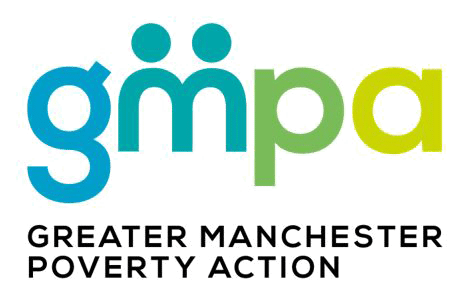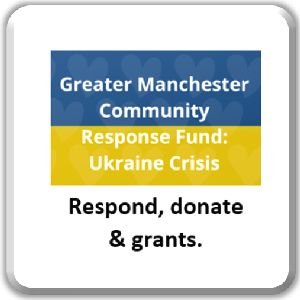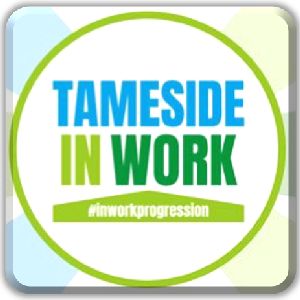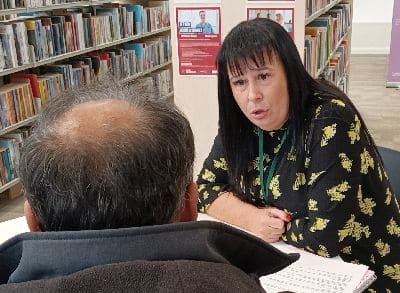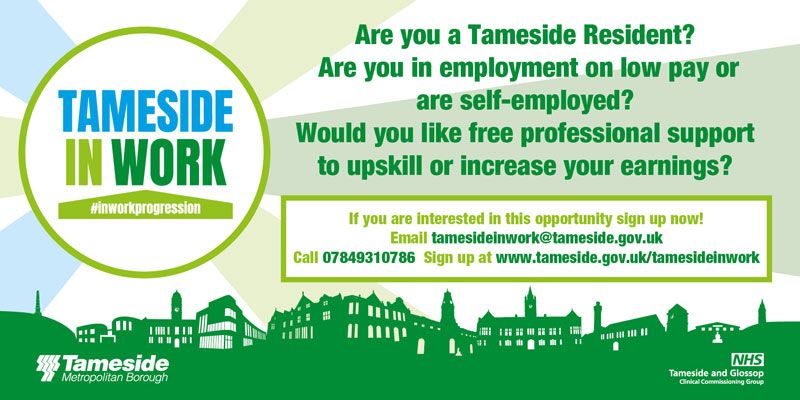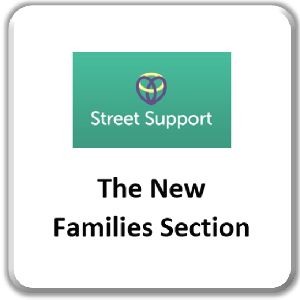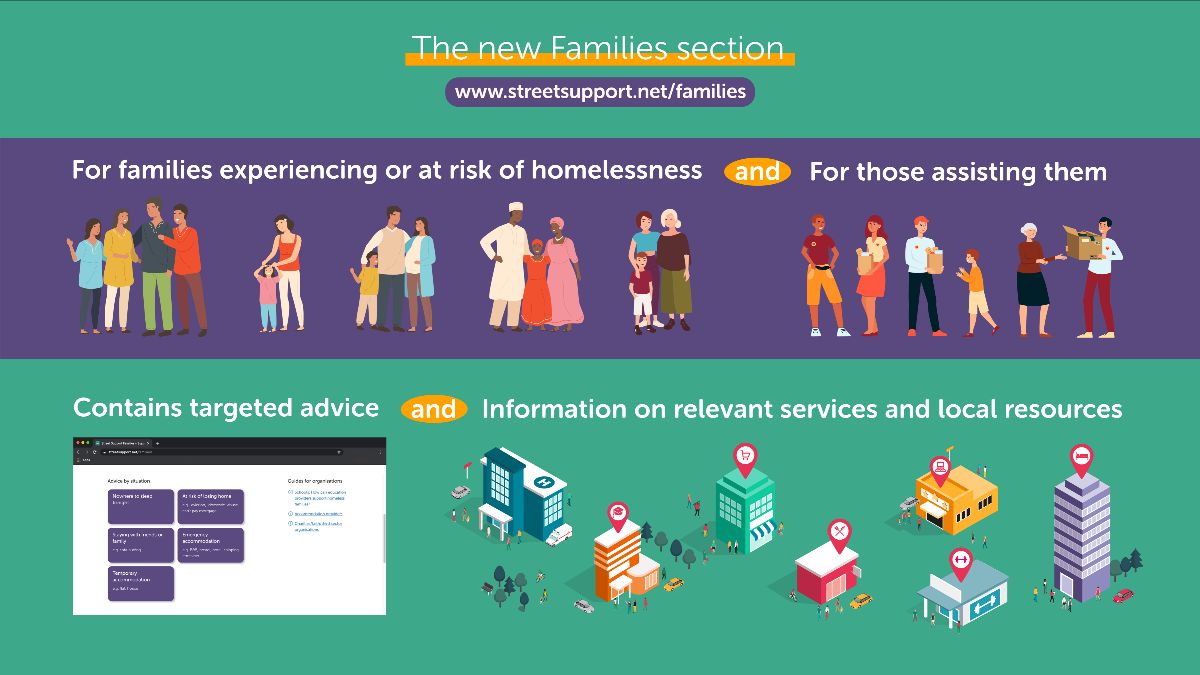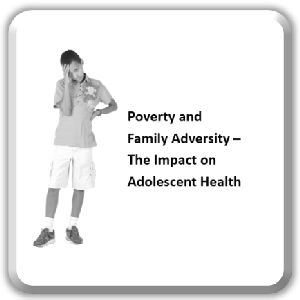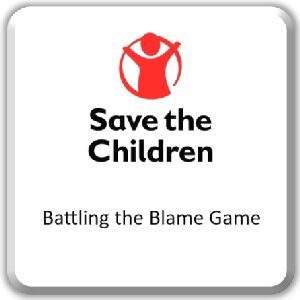Update:
If you are interested in knowing how businesses from across the world are handling their links with Russia, you can find out more here.
Spirit of Manchester Grants 2022
Five £1,000 Spirit of Manchester grants are available to voluntary, community and social enterprise organisations in the city that work with refugees and asylum seekers. The aim of this fund is simply to put some much needed resources into those organisations and capture stories which will raise awareness of the issues faced by refugees and asylum seekers and the work which is being done to provide support, safety and welcome. Apply here. Deadline April 28th 12pm.
Greater Manchester Community Response Fund: Ukraine Crisis
In response to the crisis in Ukraine, 10GM and partners are working together to put in place welcome and support for people arriving in Greater Manchester, working alongside local authorities and those who are offering to accommodate people arriving from Ukraine.
To help this work Macc have launched the Greater Manchester Community Response Fund: Ukraine Crisis. This fundraising campaign will raise money to create a hardship fund for people arriving from Ukraine and to provide small grants to local voluntary, community and social enterprise organisations that are playing an active, practical role in providing support.
You can help by donating here and sharing with your friends, family and colleagues.
Ukraine Support
Here are ways of providing financial support for the people of Ukraine:
DEC Ukraine Humanitarian Appeal: This appeal is on behalf of many organisations such as the Red Cross, ActionAid, Save the Children, Islamic Relief, Christian Aid etc. The British public raised £200 million in the first two weeks but the collection is ongoing.
UK-Med’s Ukraine Appeal: UK-Med is a humanitarian healthcare charity based out of the University of Manchester. UK-Med currently have a health assessment team in Poland, working with partners to anticipate the emergency health needs caused by the unfolding crisis. UK-Med have launched their emergency appeal which has been backed by the GM Mayor, Andy Burnham and the Manchester Chamber of Commerce. UK-Med has more than 25 years-experience responding to health emergencies around the world and drawing from a register ofnearly 1000 NHS and international health experts are ready to respond to the crisis unfolding in Europe.
Europia’s fundraiser for Ukraine: Europia is raising funds to support Ukrainians, both those in the country and refugees in Poland, Romania and Moldova. The funds raised will be divided equally between Ukraine, Poland, Moldova and Romania to support civil society organisations working on the ground.
